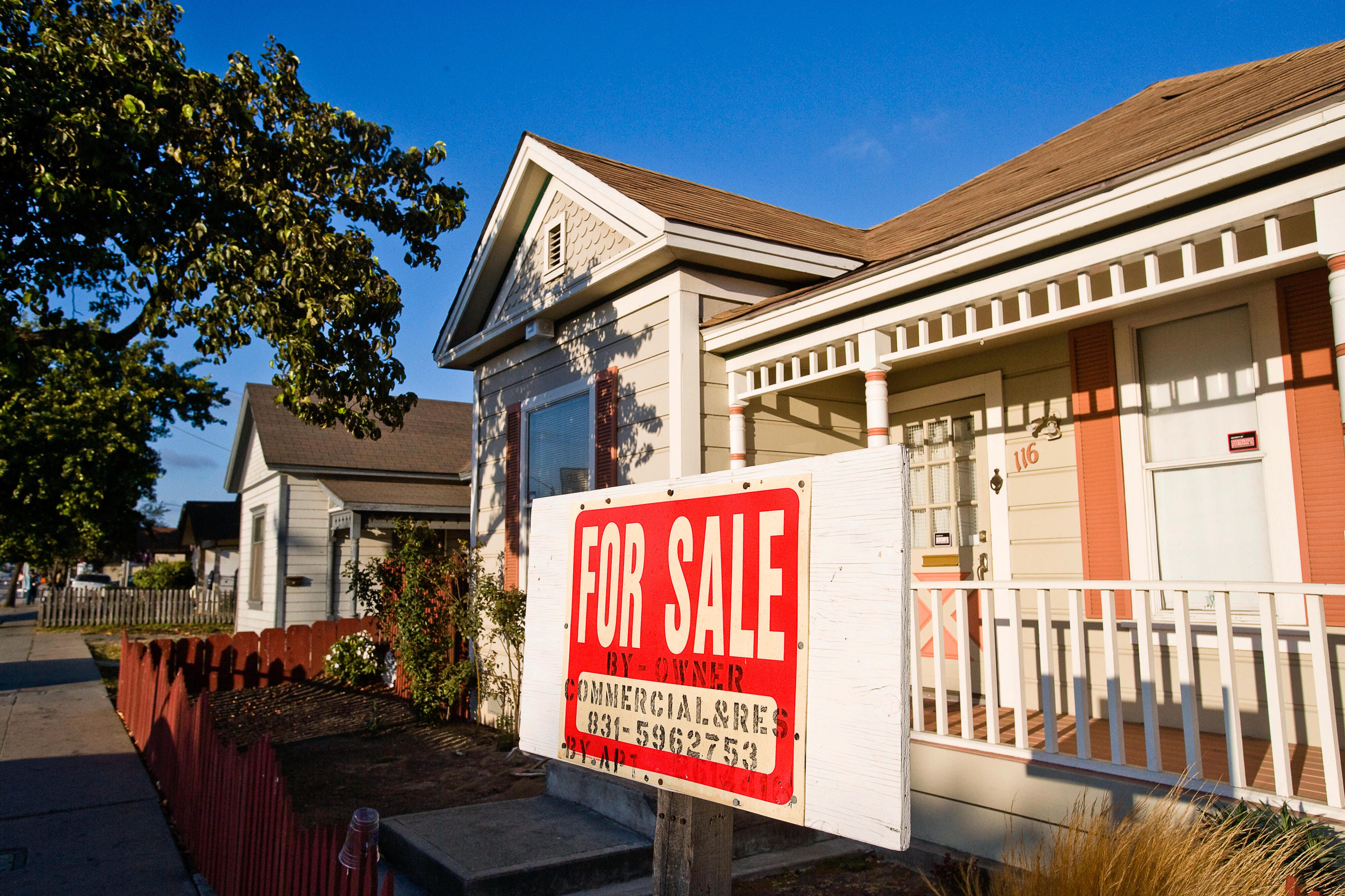
CNET's mortgage calculator can help you figure out how much home you can afford by collecting some basic financial information, layering in some regional home sales data and calculating an estimated monthly mortgage payment. (Note that the information collected is used only to calculate your monthly payment -- and not for marketing or ad-targeting purposes.) Keep in mind that this calculator can only provide an estimate, and that your actual monthly payment (and other related costs) will depend on your specific financial situation, the property, your state of residence and your lender's particular terms and conditions.
How our mortgage calculator works
Our mortgage calculator uses your ZIP code to estimate a property tax rate, and your credit score to estimate a mortgage interest rate. It uses your monthly income and your current monthly debt payments to calculate the monthly payments you can afford to stay under the target DTI ratio. Finally, the calculator subtracts your other estimated monthly expenses, such as property taxes and homeowners insurance, to determine your monthly housing budget -- and the total home price you can afford.
The formula used is: Monthly payment = (income x DTI) - debts - tax - insurance.
How a mortgage calculator can help you
A home is the largest purchase most people make. And with the cost typically spread over 15 to 30 years, it can be difficult to figure out how much home you can afford at the outset. Our mortgage affordability calculator uses your financial information to formulate an estimate. One of the benefits of our calculator is that it already accounts for monthly expenses like property taxes and insurance, which may not be a part of your monthly mortgage payment, but still contribute to your monthly housing costs. Again, note that this calculator can only provide an estimate.
Additional costs of homeownership
Along with your principal, interest, taxes and insurance (aka PITI), there are several other costs of homeownership to consider in your budget.
- Closing costs: When you close on your new home, you'll likely have closing costs ranging from 2% to 5% of your total mortgage amount.
- HOA fees: Depending on your new home's location, you may be subject to homeowners or condo association fees each month, quarter or year.
- Maintenance and repairs: When you own a home, maintenance and repair expenses are inevitable. You'll have to factor those into your budget as well. Most experts recommend saving between 1% and 2% of your home's value for annual maintenance.
- Utility bills: There's a good chance you're already paying utility bills for your current home. But remember that moving to a new home, especially if you're moving from an apartment to a house, can result in significantly larger expenses for electricity, heat, natural gas and water.
Next steps in the home-buying process
Once you know how much home you can afford, you can start the mortgage preapproval process and begin your home search. Your lender will use more detailed information than our calculator, so your actual affordability may look a bit different. And don't forget to shop around to ensure you're getting the best rates available.
Home buyers' glossary
When you're new to home buying, some of the terms may be unfamiliar. We've compiled some of the common terms associated with home buying to help you understand the process.
APR: Your annual percentage rate is the combination of your interest rate and any lender fees.
Credit score: Your credit score is essentially a rating of your creditworthiness. It tells lenders how likely you are to pay back your loan. In general, the higher your credit score, the lower your interest rate.
DTI ratio: Your debt-to-income ratio is your monthly debt payments divided by your monthly income. It shows lenders what percent of your income goes to debt each month. The highest DTI you can have for a mortgage is 43%, though most lenders prefer a DTI of 36% or less.
Down payment: Your down payment is the amount of money you pay upfront for your home, listed as a percentage of the purchase price. Most lenders require at least 3% to 5% down, though a down payment of at least 20% will result in no private mortgage insurance.
Homeowners insurance: Homeowners insurance is a type of insurance to compensate you for your losses in case your home is damaged or destroyed. Most mortgage lenders require that borrowers have homeowners insurance.
Income: For purposes of qualifying for a mortgage, lenders typically use your gross income, meaning your income before any taxes or other deductions.
Mortgage term: Your mortgage term is the number of years of your mortgage. Most mortgages have a 30-year term, but you can also get a 15- or 20-year term.
PITI: PITI stands for principal, interest, taxes and insurance, the four components of your monthly housing expense.
Property taxes: Property taxes are paid to your local government. The amount you'll pay depends on the value of your home and the property tax rate in your area.
"much" - Google News
June 08, 2021 at 08:07PM
https://ift.tt/2SiBsaK
CNET mortgage calculator: How much house you can afford - CNET
"much" - Google News
https://ift.tt/37eLLij
Shoes Man Tutorial
Pos News Update
Meme Update
Korean Entertainment News
Japan News Update
Bagikan Berita Ini














0 Response to "CNET mortgage calculator: How much house you can afford - CNET"
Post a Comment